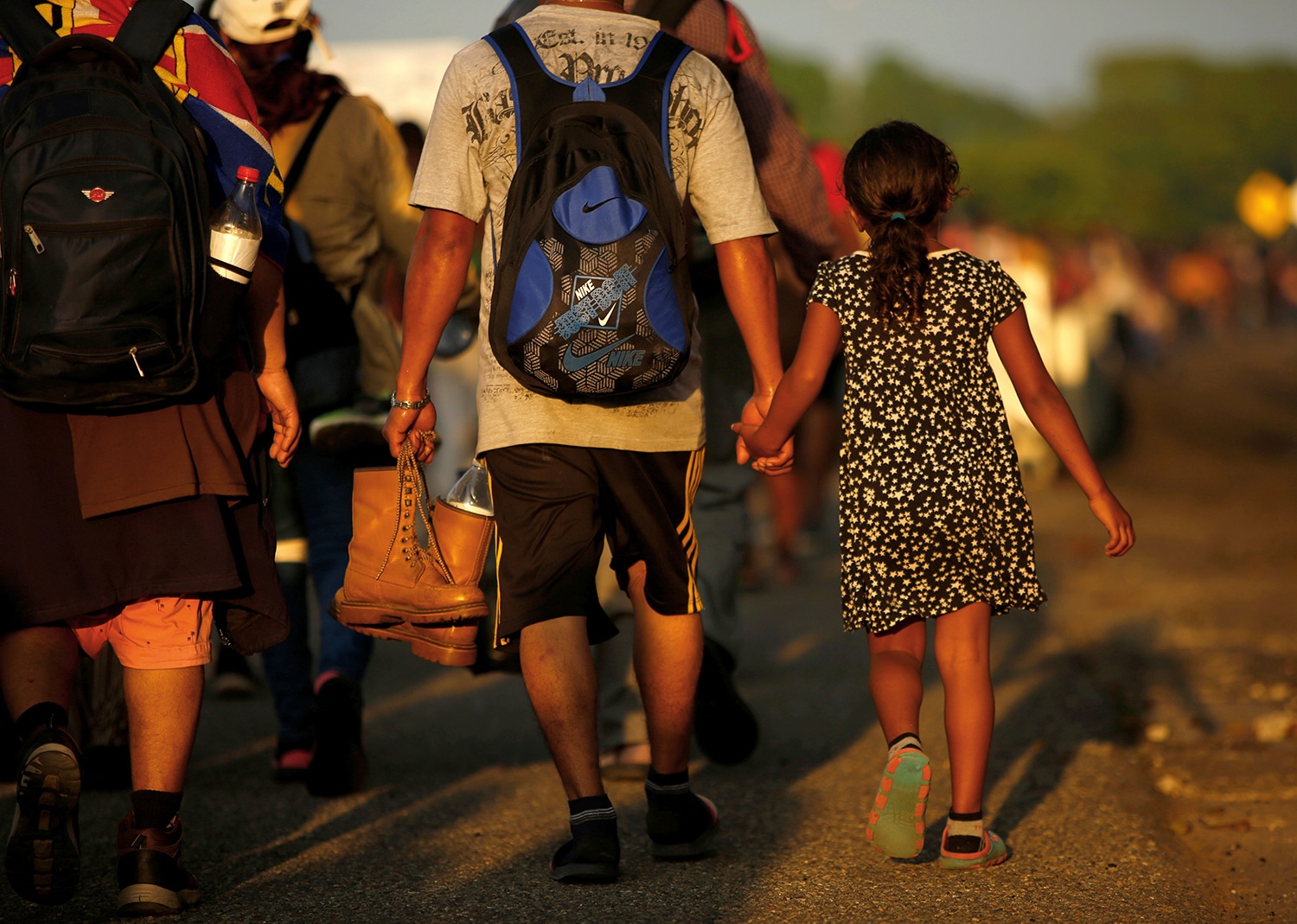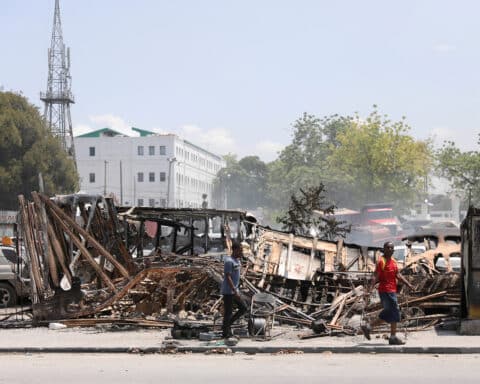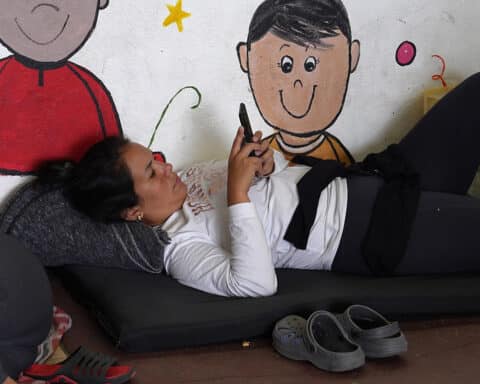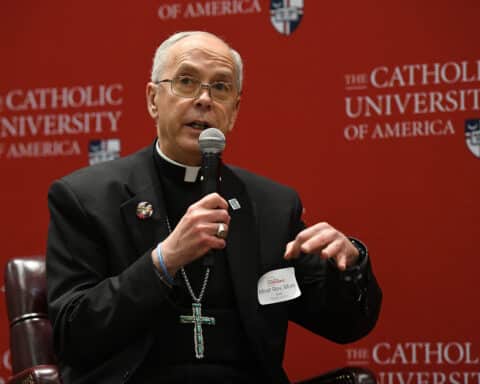In discussions about immigration and border security, a crucial aspect often goes unmentioned: the Christian duty that transcends political solutions and legal battles. This obligation, derived from the Gospel itself, has been in the spotlight because of a recent lawsuit against Annunciation House by Texas Attorney General Ken Paxton. Amid the complexities of this case, one thing stands out: The Catholic faith requires that we help those in need. Wherever Catholics stand on immigration — and varying solutions to the current crisis can and should be debated — it is the Church’s solemn duty, and therefore must be a priority for her sons and daughters, to care for those in need when they arrive at our doorstep.
To be clear, the Catholic Church teaches that countries may prudentially regulate their borders. Pope St. John Paul II taught, “Certainly, the exercise of such a right [to enter another country] is to be regulated because practicing it indiscriminately may do harm and be detrimental to the common good of the community that receives the migrant.” But once people are within our borders and in need, Catholics are called to care for them, regardless of one’s stance on immigration as a political or national security issue.
This belief is not just a matter of kindness but a manifestation of the religious command to exercise charity: to love and help our neighbor. Many faith-based organizations offer basic hospitality for migrants at the U.S.-Mexico border. These organizations, driven by religious convictions, have mercifully stepped in to fill the gap where political and social systems have failed.
Seeing the face of Christ in every person
Helping our neighbor is about seeing the face of Christ in every person. Jesus teaches, “Whatever you did for one of these least brothers of mine, you did for me” (Mt 25:40). Suffering must be met with compassion.
In a country that prides itself on the freedom of religion, it is essential to defend the right of religious groups to practice their faith through acts of service. This defense becomes even more critical in a society that is becoming increasingly secularized, where rights to religious expression and action are under scrutiny.
However, this action is not without its boundaries. While driven by their religious convictions, faith-based organizations must also abide by the law of the land. The challenge lies in navigating the complex landscape where the law seems to conflict with the moral imperative to aid those in distress.
The principles of Catholic social teaching, including the preferential option for the poor and vulnerable, the dignity of human life and the call to participate in society as a reflection of our faith, are foundational to understanding why Catholic social organizations engage in the work they do and serve as a guide for organizations and individuals alike. These principles are not just theoretical concepts but are meant to be lived experiences, guiding how Catholics and people of faith interact with the world, especially with those on the margins of society. They are constitutive, not optional, parts of the Catholic faith.
Promoting integration in society
Faith-based organizations are essential when it comes to living out those principles in the many and varied ways needed. Pope Benedict XVI described the full extent of this work, saying, “Where migrants and refugees are concerned, the Church and her various agencies ought to avoid offering charitable services alone; they are also called to promote real integration in a society where all are active members and responsible for one another’s welfare, generously offering a creative contribution and rightfully sharing in the same rights and duties.” Meeting the basic needs of people by offering food and shelter is important, but it’s only part of the essential work done by the Church for migrants.
Pope Francis reminds the Church in Fratelli Tutti, “All of us, as believers, need to recognize that love takes first place: love must never be put at risk, and the greatest danger lies in failing to love” (cf. 1 Cor 13:1-13). As we navigate the complexities of immigration policies and border security, let us not lose sight of the human element at the core of these issues and always remember that the call to love and serve our neighbor is at the heart of religious freedom.





